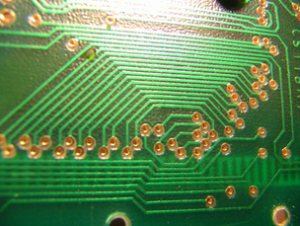 “Smart guns” are the latest piece in gun evolution: The guns may only be fired by an authorized user as detected by specialized technology. Our gun trust attorneys review the different ways smart gun technology is changing how gun owners access their firearms:
“Smart guns” are the latest piece in gun evolution: The guns may only be fired by an authorized user as detected by specialized technology. Our gun trust attorneys review the different ways smart gun technology is changing how gun owners access their firearms:
Similar to smart houses and buildings equipped with remote climate control and security features, and cars that open for specified drivers, one smart gun technology uses handprint, fingerprint or retina scans in order to identify the user. If there is no match, the gun is inoperable.
Aside from the identification methods above, some smart guns in development require the user to have an RFID (radio frequency identification). RFIDs are commonly used at concerts in wristbands to accurately identify valid ticketholders, in deliveries to track packages, and in retail stores to detect when products are shoplifted. In regards to smart guns, RFIDs will need to be worn on the person who intends to use the gun in order to enable the firearm; otherwise the gun will not fire.
Another feature of smart gun technology is geo-selection. A GPS system that identifies where the gun is located can control whether or not the gun can be fired based on its location. Users can establish multiple boundaries and zones from a computer interface, choosing no-fire zones and exactly where gun use is acceptable.